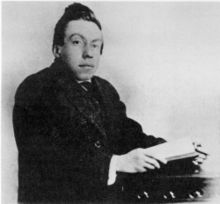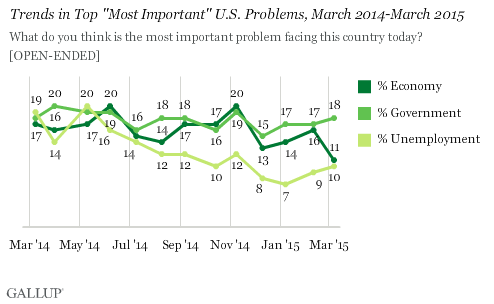
John Bingham Library of Congress
AMENDMENT XIV
Passed by Congress June 13, 1866. Ratified July 9, 1868.
Article I
Section 2,
of the Constitution was modified by section 2 of the
14th amendment.
“All persons born or naturalized in the United States, and subject to the jurisdiction thereof, are citizens of the United States and of the State wherein they reside. No State shall make or enforce any law which shall abridge the privileges or immunities of citizens of the United States; nor shall any State deprive any person of life, liberty, or property, without due process of law; nor deny to any person within its jurisdiction the equal protection of the laws.” (pg1)
In this Clauses, the primary author of
the first section of the 14th amendment and also nationalized the
Bill of Rights, was the congressman John A. Bingham of Ohio. Following the
Civil War this amendments as part of the Reconstruction, it was to guarantee equal civil and legal rights to all persons born or naturalized in the United
States, Especially for the black citizens and immigrants after acquiring the
citizens, although the part of “and subject to the jurisdiction thereof” won
cover the parent of any born or naturalized person in the US.
I chose this passage from the Constitution of
the United States because this is what I consider true freedom. We are hearing
very scary talk from the candidates running for president this Presidential
election cycle that threaten a lot of people’s freedom here in the United States.
For example the talk of deporting or blocking Muslims from this country is not
only racist but most importantly unproductive; I say unproductive because I
feel like this is fuel for Isis recruitment of young people to join such a
terrorist group. This talk and mentality takes away what the 14th amendment
is intended to be; true freedom to citizens of religion, liberty and justice
for all.

